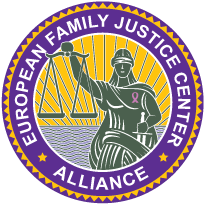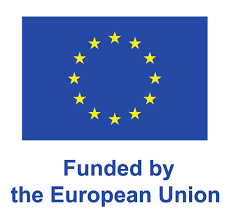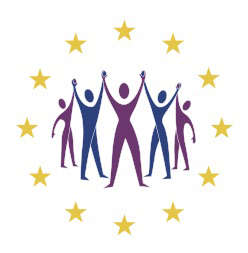Josefin Grände
 Josefin Grände is a licensed psychotherapist and supervisor specialized in trauma, working in private practice in Stockholm, Sweden. Since the end of the 1990's, she has worked with gender-based violence, with special focus on domestic violence and sexual violence, within the framework of various organizations and authorities.
Josefin Grände is a licensed psychotherapist and supervisor specialized in trauma, working in private practice in Stockholm, Sweden. Since the end of the 1990's, she has worked with gender-based violence, with special focus on domestic violence and sexual violence, within the framework of various organizations and authorities.
She has for many years done supervision work with professionals who work with trauma and with survivors and perpetrators of violence. She has also written a couple of books in the field, and is often engaged as educator and trainer as well as an expert consultant in both official reports and research. As a psychotherapist Josefin is specially interested in the integration of trauma specific modalities, affect-focused psychotherapy and power-responsive approaches.
Keynote: Despair, dignity and hope; finding the roots of resilience through the three languages of traumatization
The mind, the heart and the body each has its own story of trauma. The languages are not only cognitions and words, but also affects and bodily sensations. The stories are not always the same, but always intertwined. Each of them has a story to tell about loneliness and despair, but also about resistance and dignity. By letting them all three be heard, we can create a fuller language as a pathway to hope.
"How can I carry hope for someone when I'm desperately searching for it myself?" - Secondary traumatization and hope work
Working with survivors of violence and trauma means not only listening to stories of abuse and devastation. It means carrying feelings of desperation, shame, loneliness and hopelessness. We all know that there are other stories; those of courage, survival, solidarity and joy. But sometimes the darkness takes its toll; sometimes the devastation is too huge, or the options too few.
Doing this job, we are all at risk paying too high of a price. In this workshop we'll look into that risk, as we know that awareness is crucial. But participants will also get some tools for deepening their own resilience to potentially negative impact of trauma work, and to find ways back to hope and meaning.


